Globally, sustainable water management is a critical priority. Accordingly, Bivocom, a global IoT and M2M connectivity leader, is aligned with Vietnam’s National Water Development Plan (2021-2030). We explore how industrial-grade technology can transform water systems for enhanced efficiency, resilience, and sustainability. While Bivocom has yet to participate in projects under this specific plan, Vietnam’s water challenges align closely with our proven Bivocom IoT Water Sustainability solutions. These solutions already facilitate sustainable water management in key markets like Singapore, China, and South America. Consequently, let’s examine how Bivocom 5G/GNSS/LoRa routers, gateways, modems, and RTUs meet Vietnam’s actual needs for long-term water security.
Sustainable water management fundamentally demands three pillars: real-time data, reliable connectivity, and durable technology. Therefore, discussing IoT and water sustainability in Vietnam must be grounded in real-world realities. Specifically, here’s what the nation confronts:
- Transboundary Uncertainty: The Mekong Delta—a lifeline for 17 million people—gets over 60% of its water from transboundary rivers. Consequently, upstream activities create uncertainty for downstream water availability and quality.
- Rural Gaps: Notably, 40% of rural water facilities fail within three years due to limited monitoring. This gap leaves communities without safe water and hinders the plan’s 65% coverage target.
- Urban Inefficiency: Cities like Ho Chi Minh City and Hanoi lose billions of liters yearly to leaky pipes. Meanwhile, flooding costs the economy 1.2% of GDP annually. Traditional manual inspections and reactive fixes are too slow to meet the plan’s leakage and flood control goals.
- Climate Vulnerability: Rising temperatures, erratic rainfall, and saltwater intrusion threaten crops, freshwater supplies, and coastal communities. This creates a pressing need for proactive, data-driven solutions.
Vietnam’s National Water Development Plan (2021-2030) addresses these issues with clear goals: boost rural water access, reduce urban leakage, and strengthen resilience. These challenges are not unique to Vietnam, and Bivocom has solved similar issues globally. This experience forms the foundation of our work to advance Bivocom IoT water sustainability.
Water sustainability works only if the technology fits the context. Bivocom’s solutions are designed for real-life conditions: complex sites, limited power, and the need for simple, reliable tools. Here’s how they map to Vietnam’s needs:
The Mekong Delta grapples with core transboundary challenges—tough pollution tracing, high hydrological risks, ecological decline, and fragmented data. Bivocom’s solar-powered
IoT buoy solution can address these issues (Vietnam-adapted, cost-effective technology). By leveraging the delta’s abundant sunlight and waterways, it bypasses the limitations of fixed monitoring stations. It tackles these by integrating multi-parameter sensors with LoRa/4G gateways and 5G routers: streamlining pollution response, enhancing hydrological risk alerts, and supporting ecological protection, while aligning data with Mekong River Commission protocols for smoother cross-border collaboration. Its modular setup cuts deployment costs and uses local components for easier maintenance.
Vietnam’s cities struggle with
high pipe leakage and
disruptive monsoon flooding. Bivocom’s urban IoT solutions—proven in
Singapore,
Thailand and
China—address both. Our routers pair with sensors to streamline leak detection. Simultaneously, our gateways connect to water-level sensors to boost flood response. Importantly, these tools resist humidity and feature user-friendly interfaces for local teams.
Vietnam’s rural areas face steep barriers to hitting the 65% water coverage target. Bivocom’s low-power LoRa solutions—proven in rural China to cut water facility failure rates—address these gaps. The TW820 LoRa modems (long battery life) and
TY511 RTUs (waterproof design) monitor
drinking water quality and
track facility health, letting local teams manage remote sites without frequent visits. Bivocom’s LoRa gateways also cover wide areas at lower costs than 4G, fitting tight rural budgets. This approach extends beyond just safe drinking water to include basic
wastewater management.
Vietnamese agriculture, especially rice farming, relies heavily on water. To hit the 30% water reduction target, Bivocom’s solutions tie together two key priorities: precision irrigation and recycled wastewater reuse (building on rural wastewater treatment progress from the previous section). Bivocom’s tech, proven in Chinese tea plantations to cut water use, leverages tools like the TR341 router to connect soil moisture sensors and irrigation valves, adjusting water flow to real-time crop needs—avoiding overwatering while protecting yields. It also supports using treated wastewater for irrigation, turning a waste stream into a valuable resource for farms.
- Compliant & Weather-Resilient: Meets EN 18031/FCC/CE*/RCM*/NBTC*—key for accessing World Bank or ADB funds. Additionally, devices (IP30-IP68, -35℃~75℃) withstand Vietnam’s monsoons, salt spray, and humidity.
- Proven Global Experience: Cut urban leakage, boosted rural coverage, reduced delta flood losses across multiple countries. These global successes are directly adaptable to Vietnam’s water goals.
- End-to-End Coverage: Covers rural water/wastewater, urban leak/flood control, agricultural irrigation, and Mekong monitoring—linking all priorities in Vietnam’s plan.
With 11+ years of industrial IoT expertise and deployments across 90+ countries, Bivocom delivers robust, scalable connectivity solutions that transform sustainable water management—can turn Vietnam’s transboundary, rural, urban, and agricultural water challenges into efficient, resilient outcomes. Our focus is on advancing Bivocom IoT water sustainability, aligning closely with Vietnam’s National Water Development Plan (2021-2030). We leverage 4G/5G/LoRa routers, gateways, and RTUs to bridge gaps between data, action, and long-term sustainability.
- Solution Piloting: Test Bivocom devices in Vietnam’s unique contexts—from Mekong Delta waters to northern mountain villages—to validate performance and system integration.
- Tailored Customization: Adapt solutions to local needs, like calibrating buoy sensors for Mekong salinity or designing low-power networks for off-grid rural sites.
- Platform Integration: Seamlessly unify data with existing water management systems via Modbus/MQTT protocols, syncing sensors, routers, and dashboards for clear, real-time visibility.
Ready to Support Vietnam’s Water Future?
Contact
[email protected] today for a free assessment. We’ll review your priorities, and outline a plan to boost efficiency, coverage, and resilience. With Bivocom, you’re not just adopting IoT—you’re building a sustainable water system that serves communities, farms, and cities for decades.
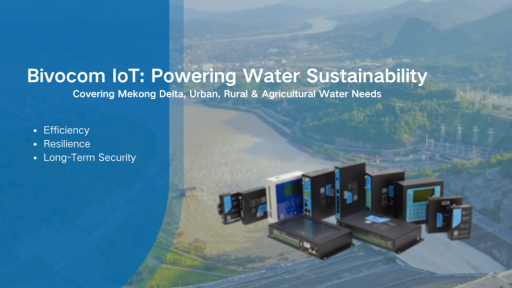
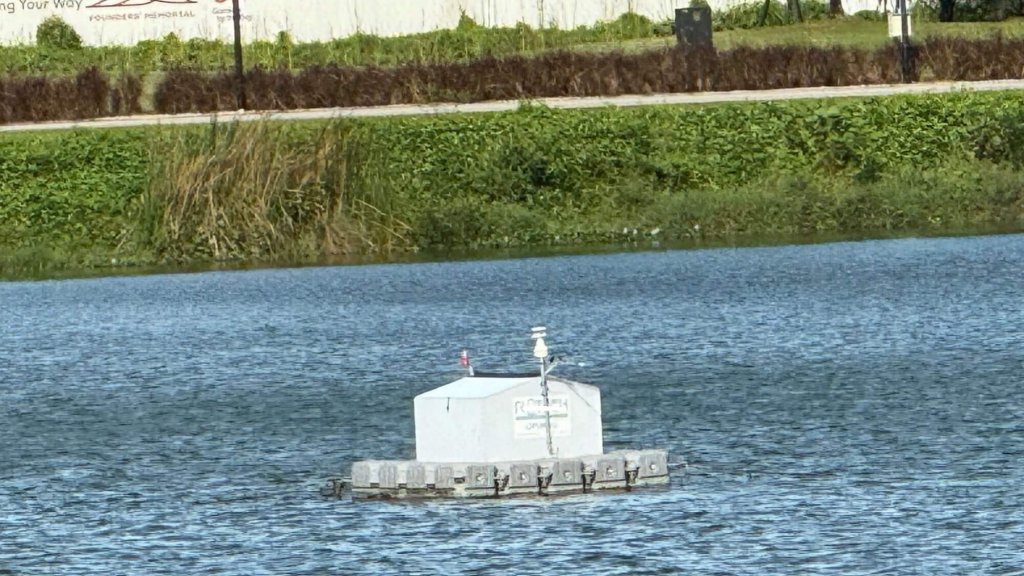
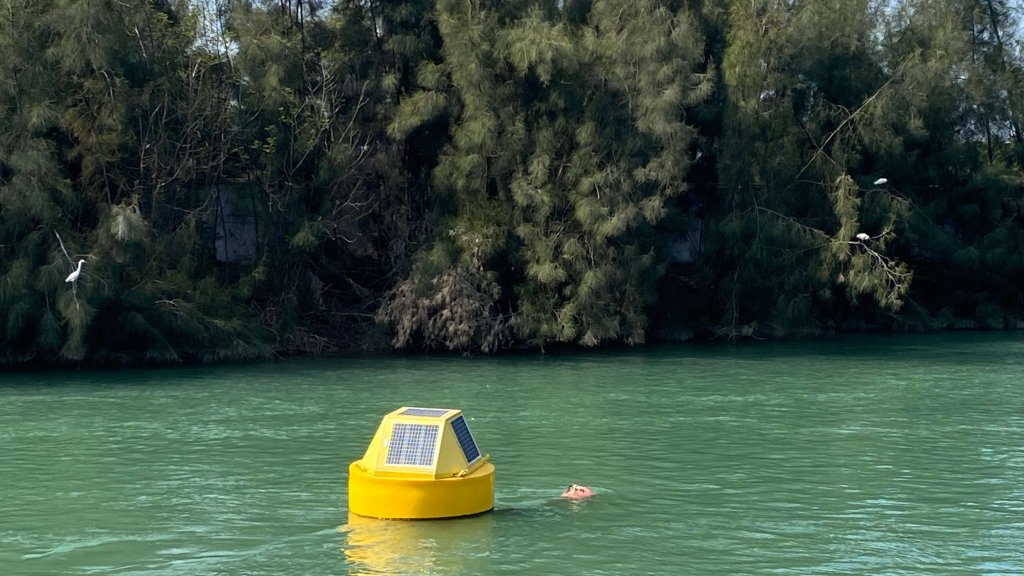
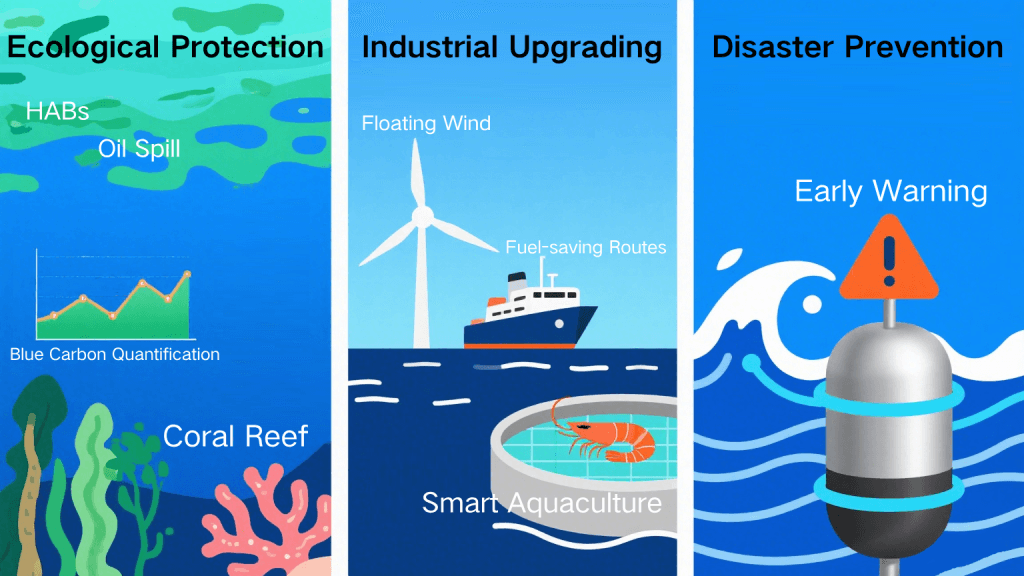
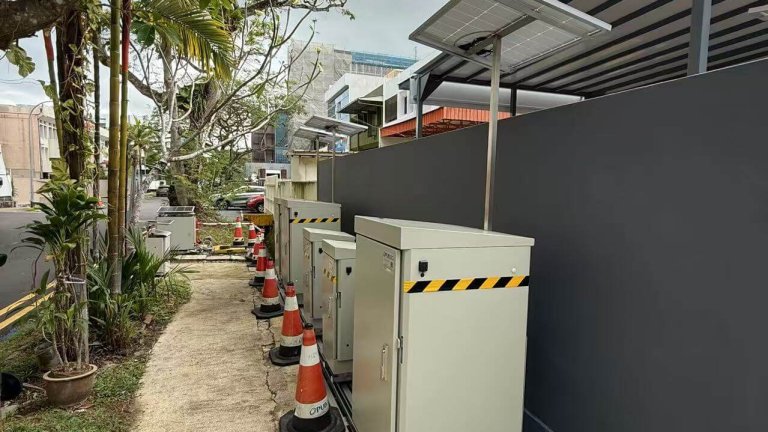

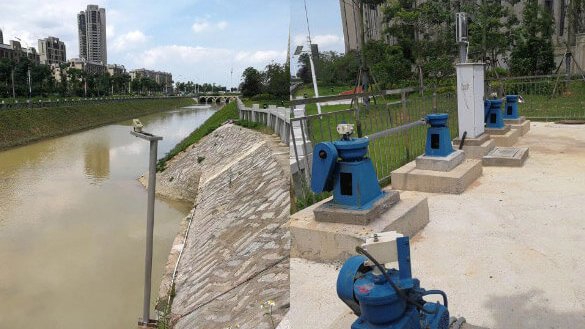
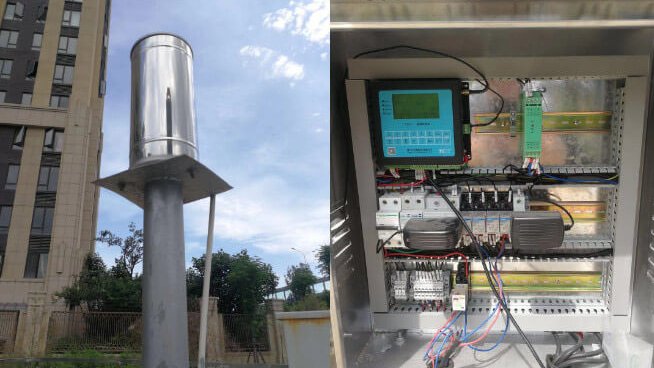
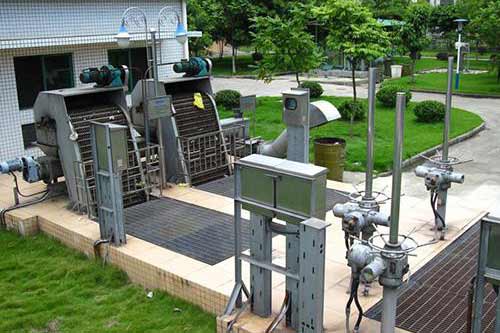
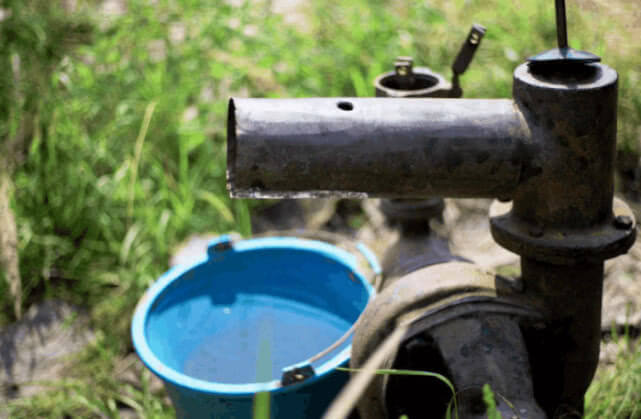
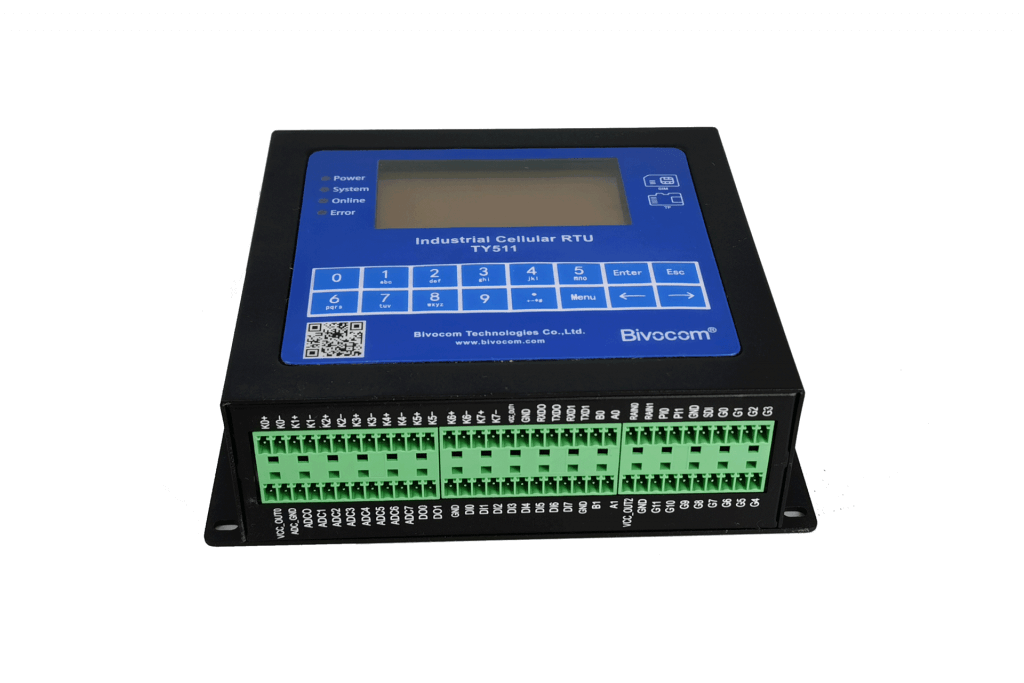
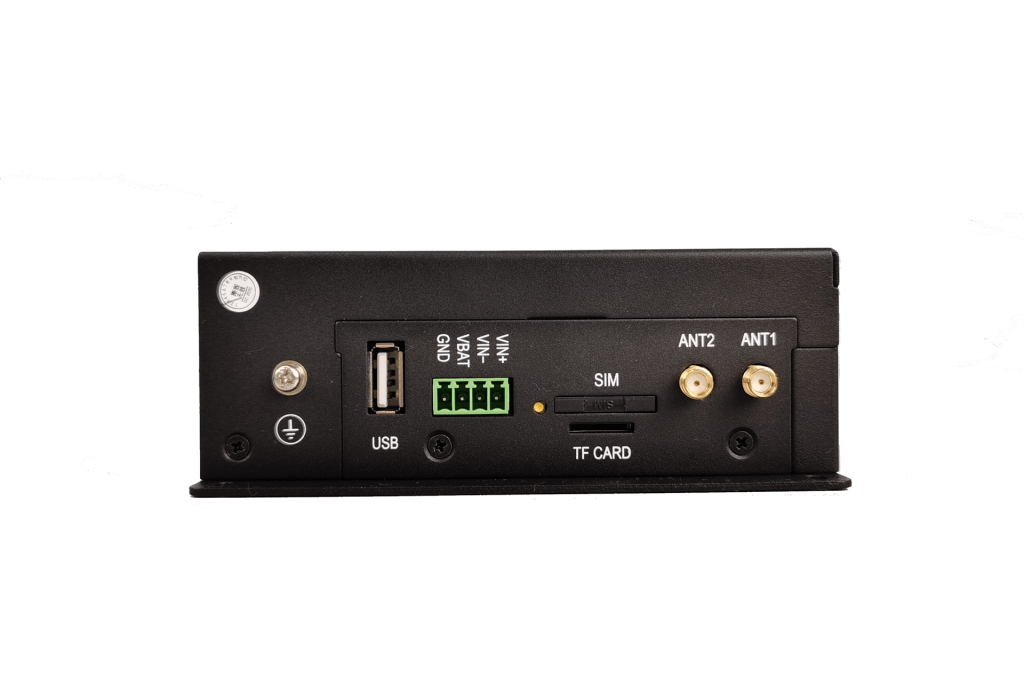
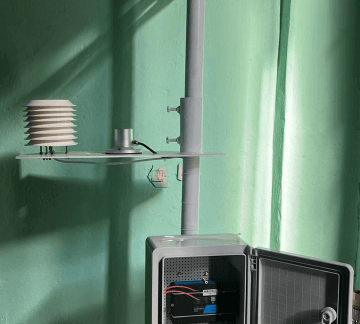
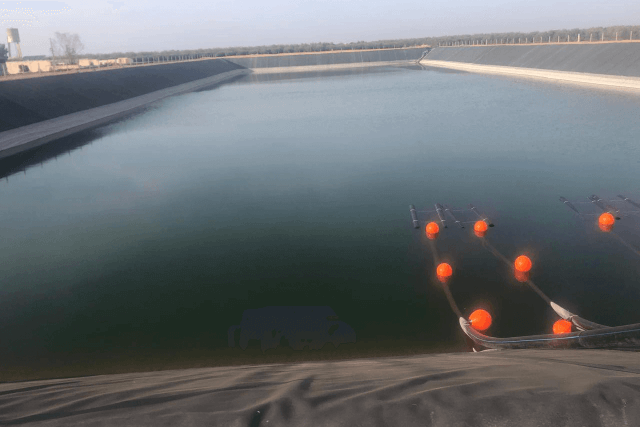
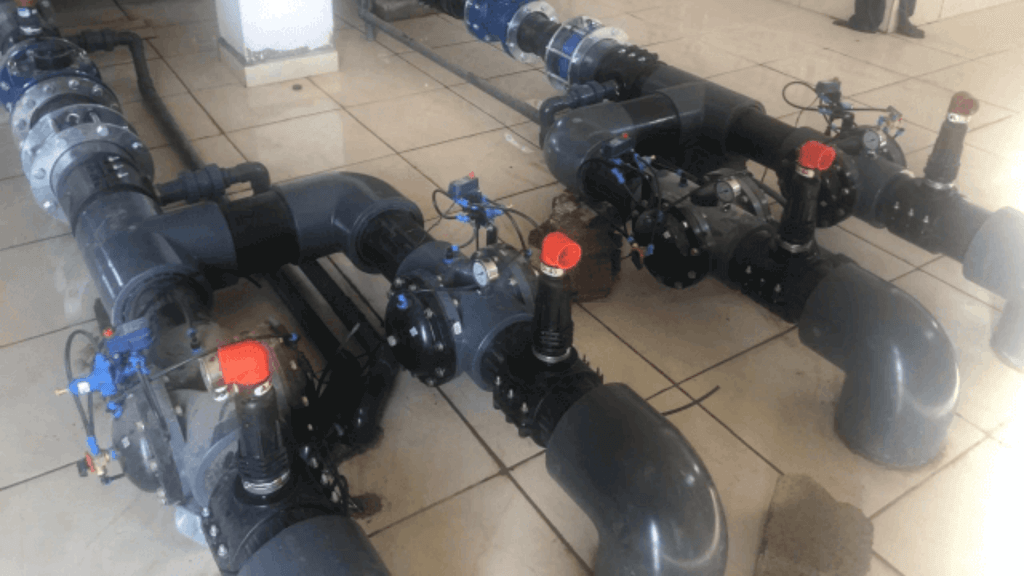
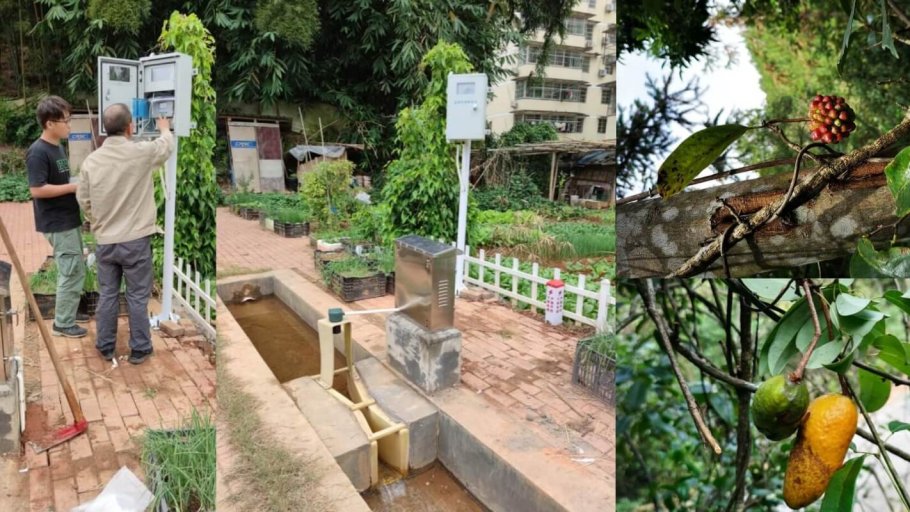
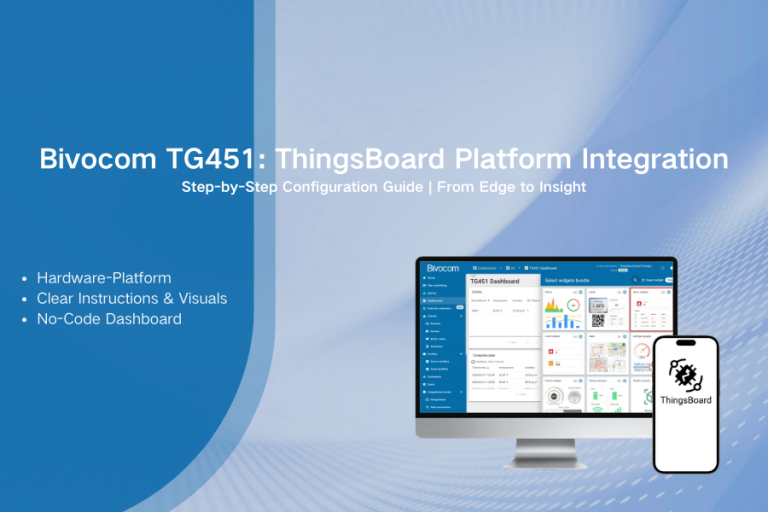
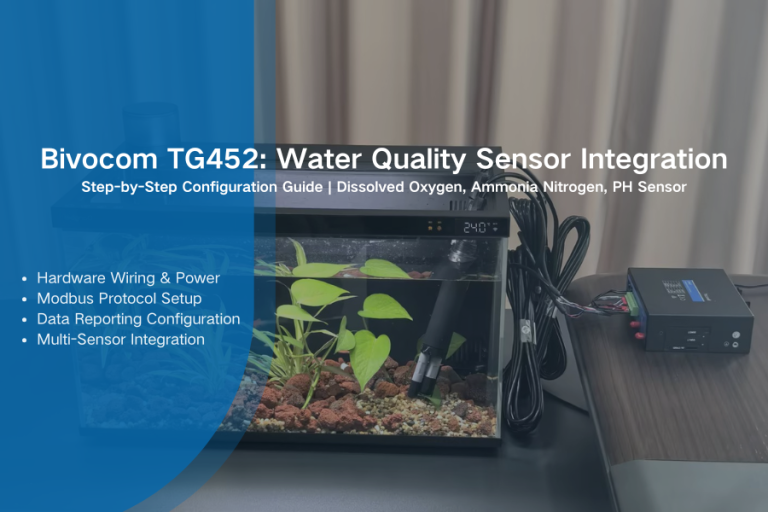

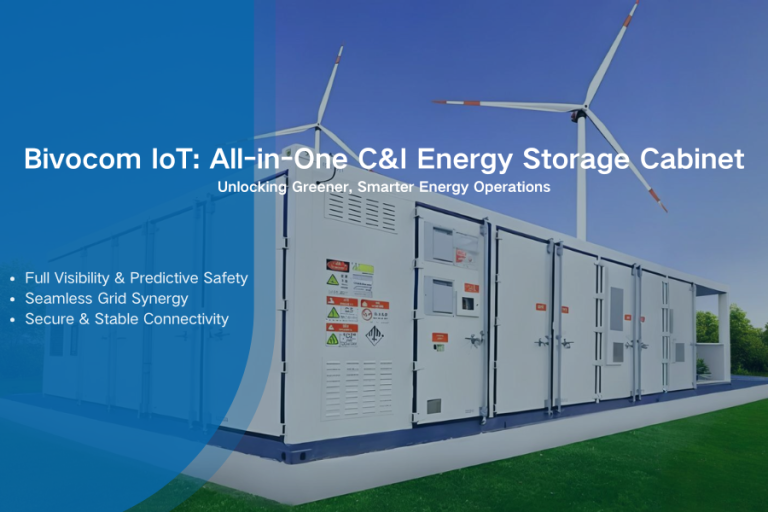
Comment